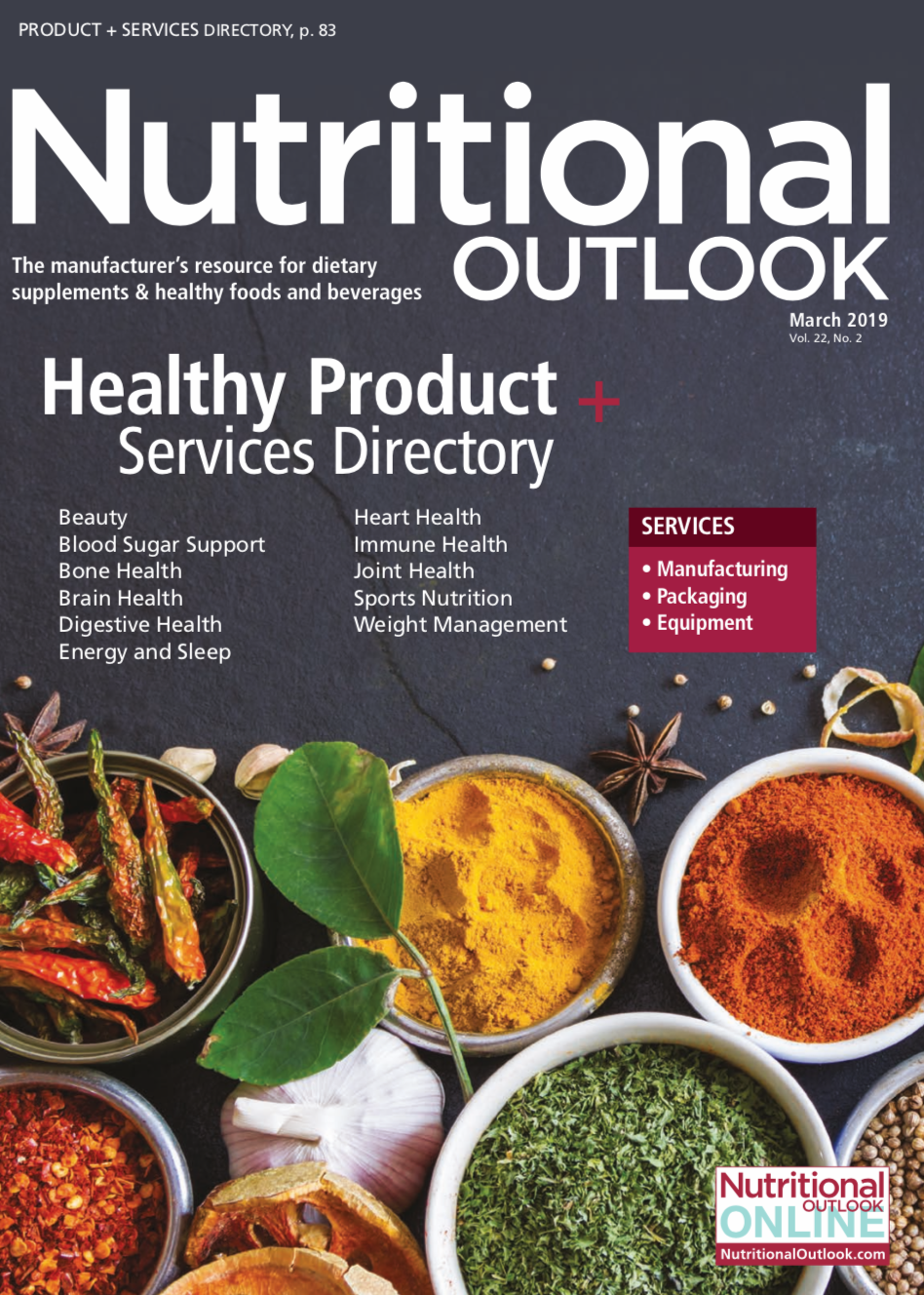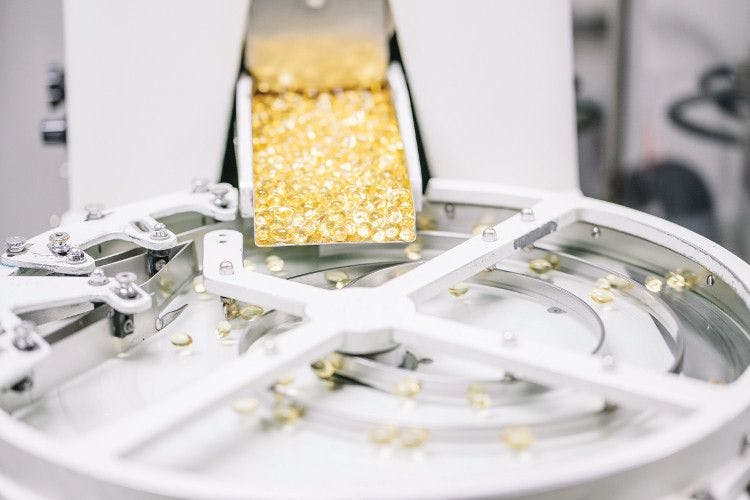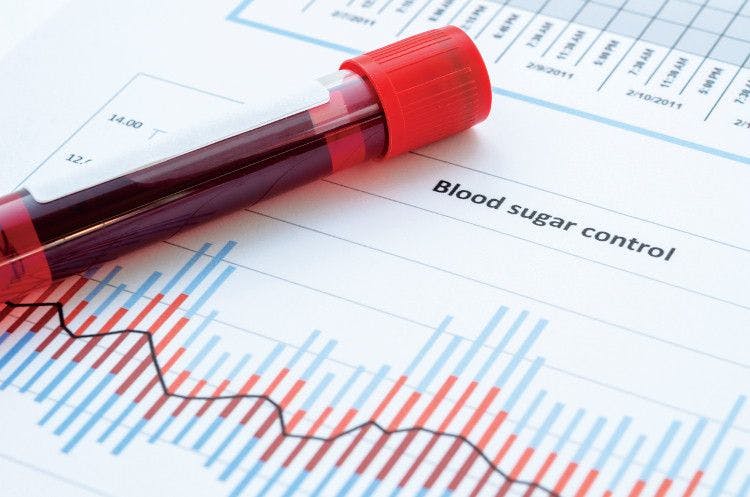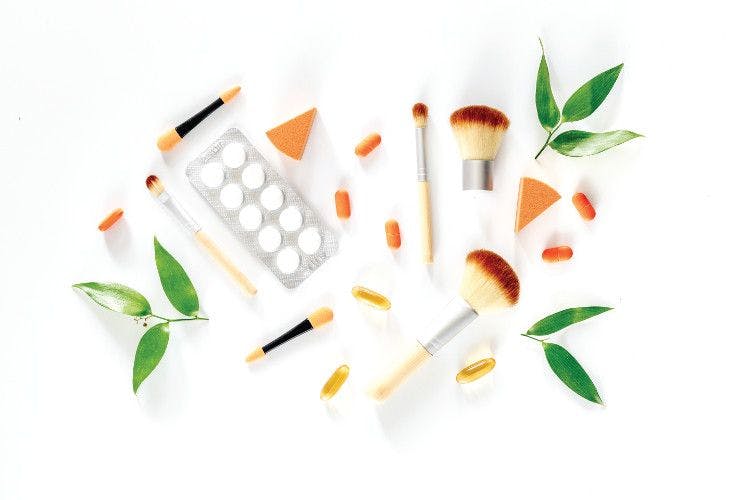Brain health market is still largely undeveloped and ripe with opportunity, experts say
Future brain health products must address not only mood and cognition, but also our taxed and increasingly attenuated attention spans.
Photo © AdobeStock.com/rrice

At universities, hospitals, and R&D labs the world over, scientists are fast at work trying to bring about nothing less than the end of aging. And with lifespan-extension experts like British geneticist Aubrey de Grey proclaiming that “the first person to live to 1,000 has already been born,”1 it would appear that they’re making headway.
But if you have trouble remembering where you put your car keys now, imagine trying to find them when you’re pushing 150. For the more that medicine and technology advance the cause of longevity, the more “the biological systems with which we were born get placed under increasing levels of stress,” says Daniel A. Porada, founder and CTO, Synapse (Atlanta).
That stress can take a debilitating toll, especially on what’s arguably the most important biological system we’ve got: the central nervous system and its starring organ, the brain. So with more of us living longer-and exposing our brains to ever more stress in the process-“it now more than ever becomes imperative that consumers emphasize preserving their healthful mental faculties,” Porada says. “As a professor and good friend of mine at Columbia once said, ‘What’s the good in keeping the body around for longer if the mind isn’t there to enjoy it?’”
Brain Buzz
That’s a question more consumers seem to be asking, as anecdotal evidence shows interest in brain health buzzing.
Notes Porada, “Organic search volumes for terms like mental performance and brain health have been on a steady and precipitous climb since we first started laying the groundwork for Synapse in 2016.” Further, he’s been “quite frankly pleasantly surprised” by the heightened interest he’s noticed among even the lay public in cognitive-care practices like meditation and mindfulness.
Also not to be dismissed is the popularity of products like Bulletproof Coffee-made with grass-fed butter and medium-chain triglycerides, and purported to sharpen the mind-and of supplementation with brain-boosting mushrooms, both of which Porada thinks reflect consumers’ willingness to take charge of their cognitive health in ways they might not have considered before, including through dietary supplementation.
Supplements Make Sense
And why not? Supplements should support brain health, given that the brain is an organ just like any other, right?
Porada certainly wagers so. “I think consumers are starting to gain a better understanding that despite its apparent complexity and exceptional role in creating and defining one’s reality, the brain is subject to medical and nutritional interventions just the same as something like the liver or heart,” he says. “This is an extremely encouraging sign for this space and for the state of overall brain health.”
Indeed, a report by Allied Market Research calculates the value of the global brain health supplements market at $3.194 billion in 2016, and anticipates that to climb to $5.813 billion by 2023, at a CAGR of 8.8% from 2017 to 2023.2
Room to Grow
Such growth, in both market share and product availability, has been “incredible to witness” in the three years since Porada and his partners founded their company, he says, adding that “the category has grown from mainly pills and powders found on niche websites to include recognizable products available in traditional retail environments: Brain Juice, FocusAid, and now Synapse.”
Donnelly L. McDowell, senior associate at law firm Kelley Drye & Warren LLP (Washington, DC), sees things similarly. “There are certainly more brain health supplements derived from different sources than before,” he says. “There are also more supplements that are labeled and marketed with more specific claims-concentration, memory-rather than being marketed simply through general brain health claims.”
Yet there’s still room to grow. “I think it’s safe to say that nutritional interventions in the service of brain health are still in their nascent stages,” Porada observes, “and many of the newer ingredients and techniques are still being researched and validated.”
Aging in a Toxic Environment
That research will continue as long as consumer demand warrants it. And with data from the United Nations’ “World Population Prospects: the 2017 Revision” indicating that the population aged 60 and older will more than double by 2050 and more than triple by 2100-rising from 962 million in 2017 to 2.1 billion in 2050 and 3.1 billion in 21003-there should be no shortage of consumers for whom brain-support supplementation might be a wise idea.
“As the baby boomer generation gets older, many are looking for new ways to maintain mental sharpness and concentration,” McDowell says. Thus, he sees the brain health market charting “a bit of a chicken-or-egg” course in which demand for brain-support products spurs scientific innovation, and innovation attracts more consumers to the category. “Companies were already investing in developing and testing supplements for maintaining mental acuity and other brain health measures,” he notes, “but market forces have probably accelerated those investments even more.”
So, too, should the realization that we’re aging in a cognitive atmosphere that doesn’t exactly foster enduring mental acuity. “Our environment and lifestyles are playing more of a role in how our brains function,” says Caspar A. Szulc, president and cofounder, Innovative Medicine (Long Island City, NY), maker of the Nadovim cognitive-support supplement. “Developments like social media are huge attention grabbers and actually change the neuroplasticity of our brains so that they don’t function as properly. Our attention spans now are 15 or 20 seconds.”
To neutralize the effects of this toxic environment, future brain health products must address not only mood and cognition, Szulc says, but our taxed and increasingly attenuated attention spans, as well. “Technology has its advantages,” he concedes. “It’s brought us great things. But it’s also impacted our brains in ways that we’re just starting to understand.”
Keep It Simple
So what will the future of brain-support supplementation look like?
For one, it’ll depart from earlier crash-and-burn formulas that provided quick stimulation but yielded little long-term improvement. “It’s one thing to take a capsule and feel better while the brain continues to deteriorate,” Szulc says. “It’s another to identify the reasons why the brain deteriorates and give people the nutrients that can address and provide long-term prevention, health, and also optimization of the brain.”
Porada’s advice is to keep the message-however scientifically complex it may be-simple and digestible-at least for now. “You’ll notice that [mushroom product brand] Four Sigmatic doesn’t go into detail explaining the pro-serotonergic effects of cordyceps, which at this point in the lifecycle of these kinds of products would go over most consumers’ heads,” he says. “The focus is all around the product’s natural origins and the feeling it generates, and I think that’s going to be how these products will be marketed until generally available consumer knowledge catches up.” Which he has no doubt it will.
Speaking of natural, Lauren S. Clardy, president, NutriMarketing Business Group (Santa Rosa, CA), believes that “natural bioactives and botanicals are the smart ‘new’ class of nootropics”-cognition-enhancing substances-“and have gained popularity especially because smart drugs garnered so much negative press. They offer similar benefits to pharmaceuticals, but in a less extreme, more balanced manner.”
She’s putting her money on Ayurvedic herbs like bacopa, ashwagandha, and tulsi for achieving “a variety of endpoints in the cognitive space,” she says, and she’s intrigued by “unique alternative delivery technologies that have launched, including coffee chews and direct-to-mouth-DTM-product delivery.” Think Pixie Stix.
Special Delivery
Elyse Lovett, marketing manager, Kyowa Hakko USA (New York City), also sees approachable delivery as a linchpin to the category’s success. “We see a huge amount of interest in the functional food and beverage spaces for specialty products marketed in the cognitive health space,” she says. “For example, I love the innovation on the functional beverage side of brain health, with clean-label products out there that deliver functional benefits and taste great.”
And don’t assume that the only receptive audience for these products is collecting Social Security. “We’re seeing a boom of younger Millennials demanding cognitive health products made from science-backed ingredients that go beyond just brain health,” Lovett says. And they do so for a passel of reasons: sports performance, active lives, the stress of parenting, even winning at e-sports, as is the draw for the emerging “gamer” demo. “Millennial and Gen Xers are looking for products that help support these lifestyle choices, meeting focus, attention, and mental energy needs,” Lovett says.
Play It Safe
Even as brands try to meet all these needs, they should remain mindful of the potential controversy that brain-support ingredients can court.
“From a safety standpoint,” McDowell says, “I wouldn’t say that brain health supplements are of any more or less interest to regulators than others.” But when it comes to brain-health claims, “We’ve seen a number of enforcement and litigation matters by the FTC and state AGs,” he says.
“Part of this is attributable to regulator concerns about populations seen as vulnerable and thus more susceptible to misleading claims,” he continues. For example, FTC, under its former chair, Edith Ramirez, “was very clear in taking a harder look at product claims that appeared to target the elderly or non-English-speaking community,” McDowell says. And just this February, FDA Commissioner Scott Gottlieb, MD, announced the agency’s latest spate of warning letters sent to companies making unproven product claims to prevent, treat, or cure Alzheimer’s disease.
Adds Porada, “Offering people unapproved ingredients whose safety hasn’t been determined is a sure way to discredit all companies operating in the mental performance and brain health space and set the whole industry back,” he says.
But it’s by no means an inevitability. And the sector holds undeniable promise. After all, who wouldn’t want to support their brain? Says Szulc, “Your brain is the CEO of your body. It’s probably the most important organ that you have.”
References:

Prinova acquires Aplinova to further increase its footprint in Latin America
April 7th 2025Prinova has recently announced the acquisition of Brazilian ingredients distributor Aplinova, which is a provider of specialty ingredients for a range of market segments that include food, beverage, supplements, and personal care.

























